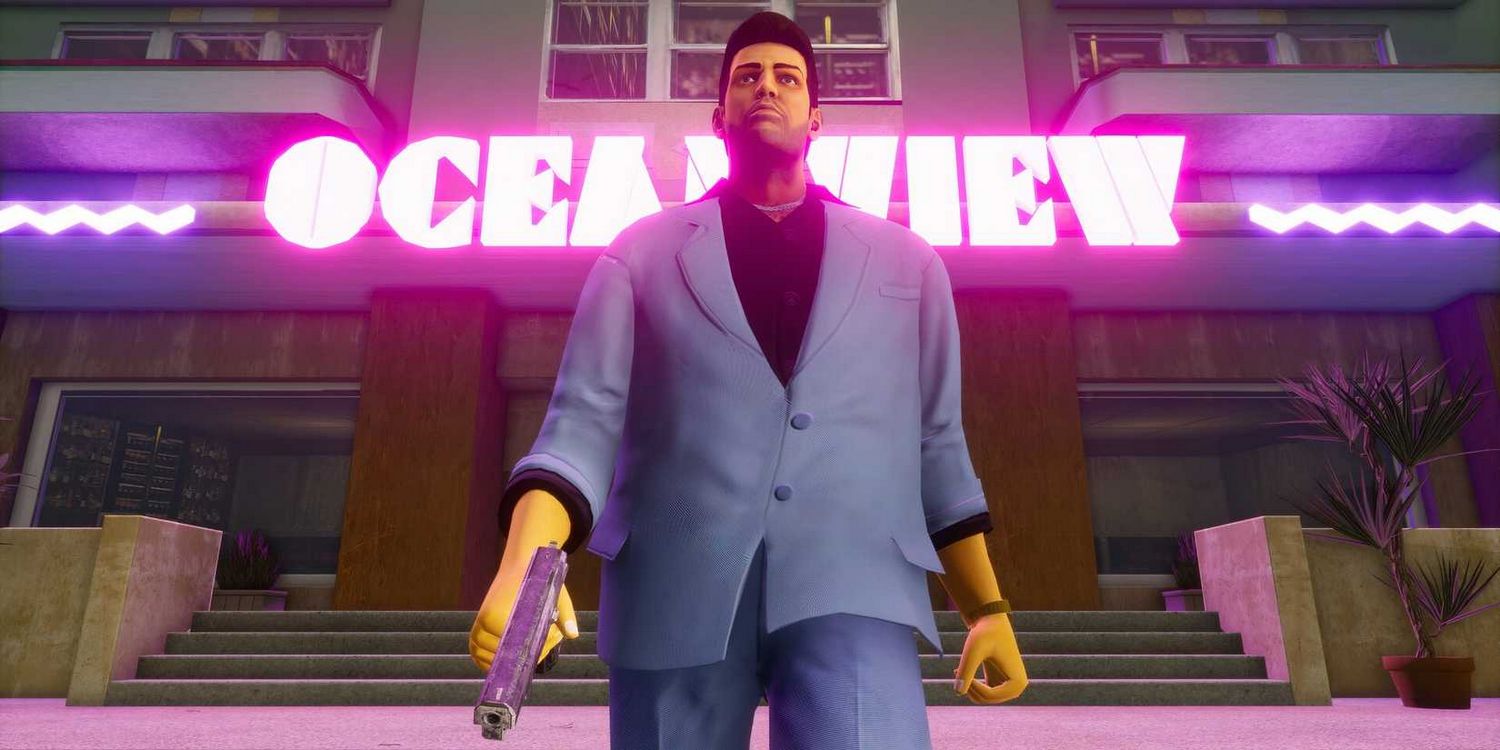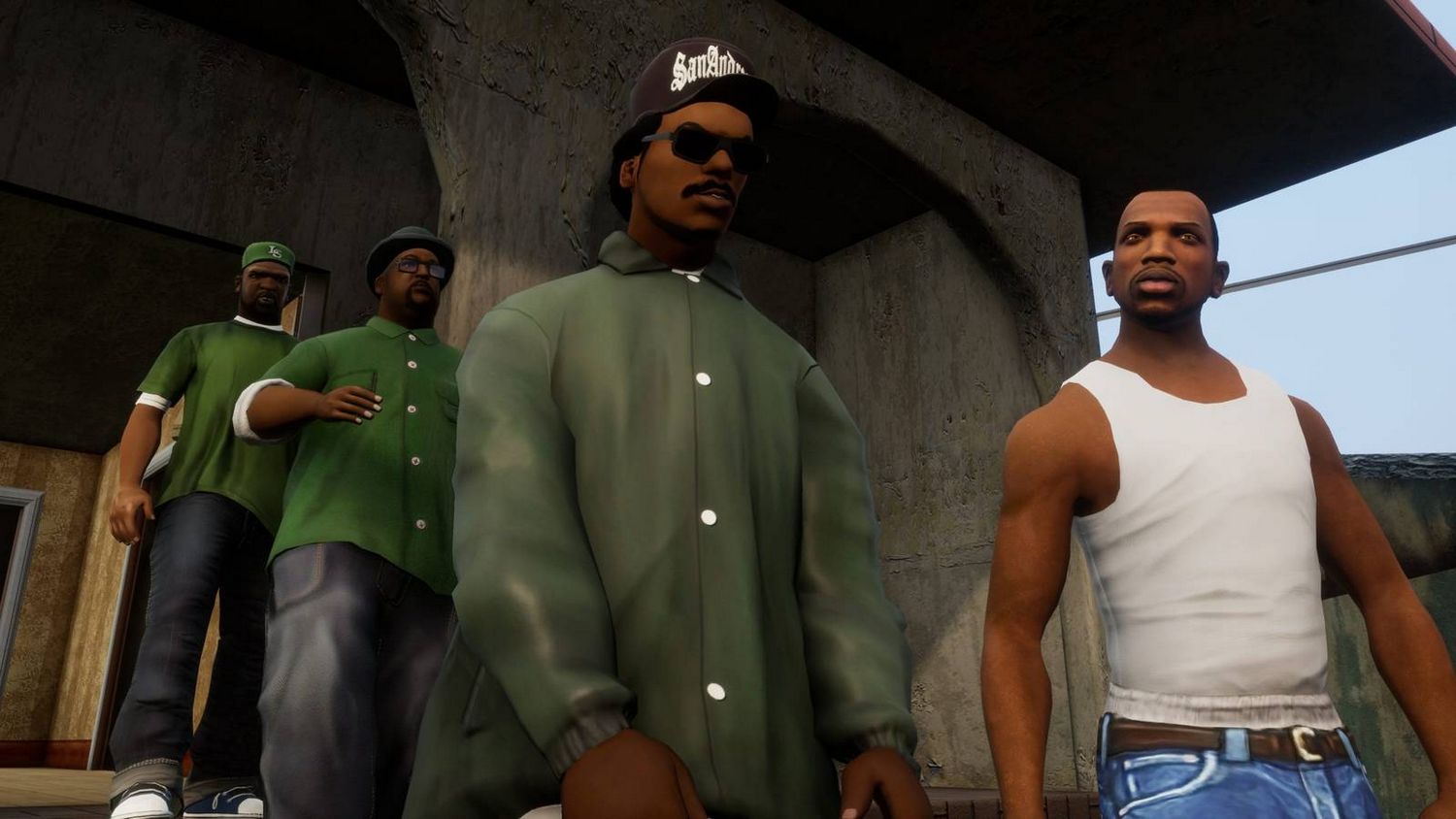University of Tennessee Launches Groundbreaking Grand Theft Auto History Course
Popular Now
 Roblox
Roblox
 EA SPORT FC 25
EA SPORT FC 25
 Valorant
Valorant
 CarX Street
CarX Street
 Garena Free Fire: Kalahari
Garena Free Fire: Kalahari
 NBA 2K24
NBA 2K24
 Sonic the Hedgehog™ Classic
Sonic the Hedgehog™ Classic
 Candy Crush Saga
Candy Crush Saga
 R.E.P.O
R.E.P.O
 BeamNG.drive
BeamNG.drive  In a move that solidifies the academic recognition of video games as a cultural and historical medium, the University of Tennessee, Knoxville, has announced a new college-level history class centered entirely on the Grand Theft Auto series. The course, titled “Grand Theft America: U.S. History Since 1980 through the GTA Video Games,” is set to begin in January 2026. This groundbreaking module, taught by Professor Tore Olsson, will use the game’s satirical depiction of modern America as a lens to study real-world historical events, politics, and culture over the last four decades. The announcement has created a significant buzz within both the academic and gaming communities, signaling a new era for how we perceive and study pop culture.
In a move that solidifies the academic recognition of video games as a cultural and historical medium, the University of Tennessee, Knoxville, has announced a new college-level history class centered entirely on the Grand Theft Auto series. The course, titled “Grand Theft America: U.S. History Since 1980 through the GTA Video Games,” is set to begin in January 2026. This groundbreaking module, taught by Professor Tore Olsson, will use the game’s satirical depiction of modern America as a lens to study real-world historical events, politics, and culture over the last four decades. The announcement has created a significant buzz within both the academic and gaming communities, signaling a new era for how we perceive and study pop culture.
Professor Olsson, a historian who previously gained recognition for a similar course using the Red Dead Redemption series, is no stranger to leveraging Rockstar Games’ fictional worlds to explore complex historical topics. In an interview with IGN, he stated that the class is “much more about American history than the games themselves, but GTA provides the framework that structures our exploration of the past.” The course is designed to be a serious academic endeavor, with a curriculum focused on historical readings and essays, not on gameplay or lore quizzes. This distinction is crucial, as it elevates the discussion from simple fandom to a rigorous academic analysis of how video games reflect and shape our understanding of history.
 The Course Curriculum: A Deep Dive into Grand Theft America
The Course Curriculum: A Deep Dive into Grand Theft America
The syllabus for “Grand Theft America” is ambitious, aiming to cover the social, economic, and political transformations that have reshaped the United States since 1980. The Grand Theft Auto series, with its various settings across different decades, provides a perfect satirical backdrop for these discussions. Here are some of the key themes and topics students will explore, using the game’s world as a guide:
- The Reagan Era and the 1980s: Using Grand Theft Auto: Vice City as a touchpoint, the course will examine the rise of deregulation, the boom of consumer culture, and the “War on Drugs” that defined the era. The game’s neon-soaked world and its parody of 1980s crime dramas will serve as a starting point for discussions on real-world policies and their consequences.
- The L.A. Riots and 1990s Gang Culture: The course will use Grand Theft Auto: San Andreas to delve into the complex history of the 1990s, particularly the Los Angeles riots of 1992. As Professor Olsson noted, the game’s narrative climax is a direct allusion to these events, which are often misunderstood. The class will use this context to study race relations, police brutality, and the urban social landscape of the time.
- Post-9/11 America and Wall Street Greed: Grand Theft Auto IV and Grand Theft Auto V will be used to explore the more recent history of the U.S. Students will analyze the games’ satire of post-9/11 security culture, corporate greed, and the ongoing social and political polarization of the country.
 A Landmark for the Gaming Industry and Academia
A Landmark for the Gaming Industry and Academia
The creation of this course is a landmark moment. For decades, video games were dismissed as mere entertainment or, worse, a source of moral corruption. This class, along with Professor Olsson’s previous work on Red Dead Redemption, proves that video games have matured into a form of media worthy of serious academic study. The fact that students are not required to own or play the games—with the professor instead using curated gameplay clips, images, and other materials—shows that the course is focused on analysis, not just engagement. This also makes the class more accessible to a wider range of students, avoiding the financial burden of purchasing expensive consoles and games.
The timing of the course is also a notable point. While Professor Olsson had originally planned to include the highly anticipated Grand Theft Auto VI, its recent delay to May 2026 means the course will focus on previous entries. This, however, does not diminish its value. The pre-release buzz for GTA 6, with its record-breaking trailer views and expected massive launch, proves that the franchise is a cultural phenomenon. By studying its predecessors, students will gain a deeper appreciation for how the series has evolved and how it has continuously reflected and commented on American society. This is a topic that generates high-CPC keywords and will be a major news story for both the gaming and education sectors.
As video games continue to grow in influence and complexity, it is becoming more and more common for them to be integrated into college curricula. This new course at the University of Tennessee, however, is a first for the Grand Theft Auto series. It’s a bold statement that the “digital fiction” of video games is just as valid a lens for understanding history as film, literature, or music, and it opens the door for many more academic explorations of gaming in the future.








 The Course Curriculum: A Deep Dive into Grand Theft America
The Course Curriculum: A Deep Dive into Grand Theft America A Landmark for the Gaming Industry and Academia
A Landmark for the Gaming Industry and Academia